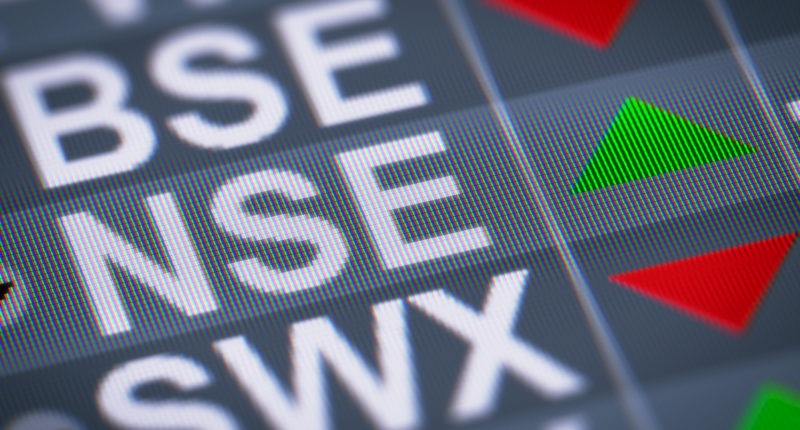A stock market index is known to measure the performance of a group of stocks, bonds or other investment assets. In this regard, Nifty, Sensex (Sensitive Index), and Bank Nifty are stock market indices that track the performance of different stock market sectors.
The BSE Sensex and NSE Nifty are two of the most popular and widely used stock market indexes in the country. Investors can compare their investment performance by following the performance of these indexes over a period.
Generally, market indices are constructed by considering several factors, including market capitalisation or m-cap, market segmentation, and the nature of the underlying industry. After the indices are constructed, stocks from different companies that match the above criteria are suitably chosen.
Nifty or Nifty 50 is an index that tracks the performance of the top 50 companies listed on the National Stock Exchange (NSE) across 24 sectors of the economy, including banking, Information Technology (IT), pharma, power, energy, etc. These companies are selected depending on their market capitalisation and liquidity.
Similarly, Sensex or the BSE Sensex tracks the performance of the top 30 companies listed on the Bombay Stock Exchange (BSE) across various sectors of the economy. On the other hand, the Bank Nifty is a sectoral index which tracks the performance of the top banking and financial services companies listed on the NSE.
The Bank Nifty is also a stock market index traded on the NSE, and it represents the top 12 banking and financial services companies that are listed on the NSE.
While calculating these indices, the weighted average of the stock prices of the constituent companies is taken into account. The weightage of each stock or equity is determined depending on its market capitalisation or free-float market capitalisation. The index is then calculated using a formula which takes into account the current prices of the constituent stocks and the base year prices of these stocks.
A brief on various types of indices:
Sectoral indices: Such indices cover companies operating in a specific market segment, which include S&P BSE Auto, S&P BSE Capital Goods, Nifty Auto, Nifty Realty, and Nifty Pharma. In this, the stock performance is suitably measured relative to their sector performance.
Thematic indices: These are NSE indices that highlight the performance of companies that are related to a certain type of investment, such as social, economic, and digital, among others.
A key difference between sector indices and thematic indices is that thematic indices include companies from different industries with the same theme; on the other hand, sectoral indices include only those companies from the same industry.
Broad market indices: These indices are known to represent the most significant and liquid stocks listed on the stock market exchange. These are used as a standard against which the performance of individual stocks or investment portfolios, such as mutual fund investments, can be suitably measured.
An individual can open a trading account with a registered stockbroker to trade Nifty, Sensex, and Bank Nifty. It will then be possible to buy and sell shares of individual companies that are part of these indices, or trade-in index futures, options, and Exchange-Traded Funds (ETFs) available on the stock exchanges.

Rajiv is an independent editorial consultant for the last decade. Prior to this, he worked as a full-time journalist associated with various prominent print media houses. In his spare time, he loves to paint on canvas.





